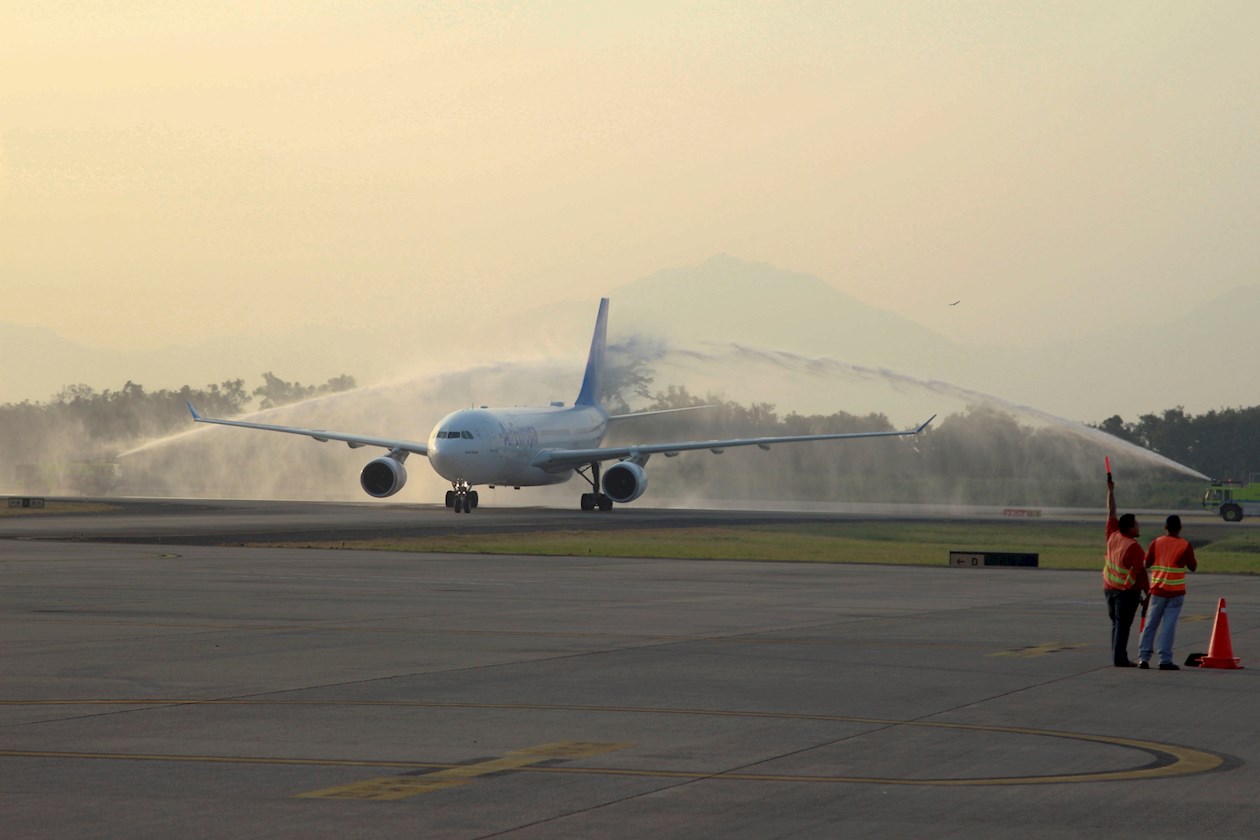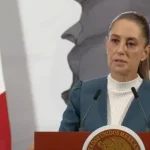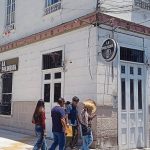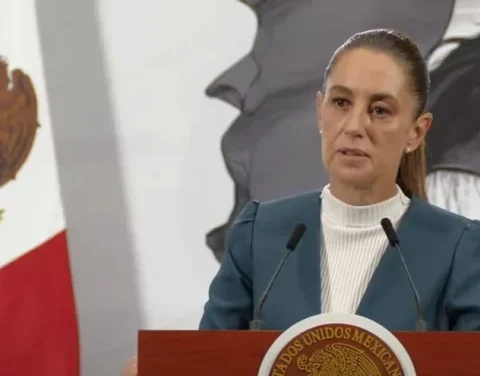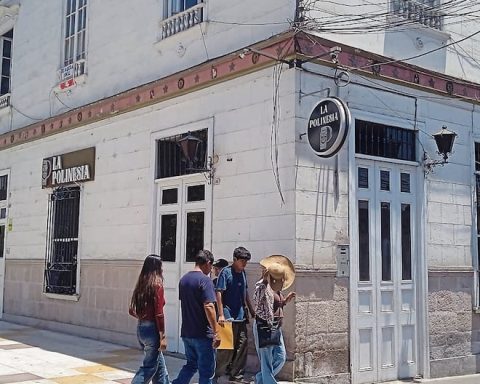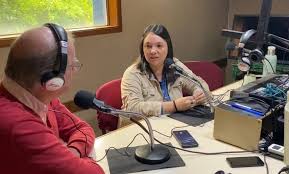Travelers leaving Nicaragua bound for cities in the United States, Canada or Europe, they don’t just travel to Costa Rica to board a plane in one of the international airports of that country, but also to those of Tegucigalpa and San Pedro Sula in Honduras, or Comalapa, in El Salvador, explained the former president of the National Chamber of Tourism (Canatur), Lucy Valenti.
The requirements imposed by the Government of Daniel Ortega and Rosario Murillo on airlines to allow them to fly to and from Managua made the country no longer attractive for those that still served the Nicaraguan market. Eliminate the obligation to present a PCR test to enter the countrywas not enough for convince the directors of these companiesthat it was time to return to Nicaragua.
United Airlines marketing coordinator Helena Posada said in response to a query from CONFIDENTIAL, that “United hopes to resume flights to and from Managua. We are currently evaluating the requirements related to this market. Once we are certain of the next steps to follow, we will be sharing it with you.”
While this is happening, travelers arriving in (or leaving) Managua have only two options: pay very high costs for a seat to the chosen destination, or travel by land to neighboring countries, where high competition between airlines limits the amounts that they can charge their customers.
Travelers “not only go out through Costa Rica; there are others, especially those who live in the northern part of the country, who travel, for example, to Tegucigalpa to take a flight from there to other destinations with much more competitive costs,” explained the former president of the tourism union, when interviewed on the program Tonightwhich is only broadcast online, due to official censorship.
Being outgoing tourism, “the greatest impact is on travel agencies, which stop selling tickets from Nicaragua, although obviously they do sell tickets from the destinations where the passenger is going to depart., be it Costa Rica, Tegucigalpa, San Pedro Sula, or San Salvador, which is where people are looking for options to get cheaper tickets,” he explained.
Although it is annoying, people prefer the tedium of having to make a trip of more than 360 kilometers by land to Tegucigalpa, or more than 560 to the Juan Santamaría Airport, in Alajuela, because “the reduction in cost is quite significant , and that deserves the passenger to make that effort”, said Valenti.
In addition to the economic impact suffered by travel agencies, the other big loser is “the Nicaraguan State, which stops receiving taxes on tickets that are not being bought in the country,” which represents a decrease in collections, said the union leader.
Key: save tourism
In addition to the damage to passengers’ pockets (and to the country’s tax system), there is an entire sector of the Nicaraguan economy that is languishing —and will continue to do so— as long as the Nicaraguan Government does not make the pertinent decisions to normalize activity, at levels before the pandemic: tourism.
That sector —which had already been prostrate since 2018, when the Nicaraguan political crisis exploded— continues to decline, in part, “because the air operation to Nicaragua has not been normalized, and that means that the flow of tourism that visits Nicaragua is quite low at this time, due to lack of seats and because tickets are tremendously expensive. “Obviously, a tourist will choose other destinations in the region where he can buy air tickets -and tour packages- at more competitive prices,” the expert explained.
The airline problem affects the flow of tourism to Nicaragua, and is one of the main reasons why the number of travelers has not been able to normalize to pre-pandemic levels, which represents “a tremendous impact on tourism companies that in Most of them are MSMEs, since hotels and tour operators depend almost exclusively on international tourism activity,” he added.
In his opinion, in addition to eliminating the PCR test, the Government must reconsider other requirements that require airlines (such as presenting the list of passengers 72 hours in advance), “if you are really interested in reactivating tourist activity”, remembering that the rest of the countries in the region have made their measures as flexible as possible, in such a way that the airlines they have returned, and in the case of Panama, there are even new airlines arriving.
“If tourism is really an important issue for the authorities, and they are concerned about economic reactivation – in which tourism played a very important role – they should prioritize the problems facing tourism in Nicaragua on their agenda to provide a solution in a timely manner. once and for all and not continue imposing measures, that the only thing they seek is to exercise control of the population,” he declared.
Although there are efforts to promote national tourism, and that helps a little, Valenti recalled that neither Nicaragua’s tourism industry, nor that of any country, can live solely on domestic tourism, “and less so in a weak economy like Nicaragua’s.”
In countries with solid economies, where there is a strong middle class, with a high percentage of the population in those economic levels, domestic tourism has an important weight, but it never replaces international tourism, which is what contributes the necessary foreign exchange to offset your balance of payments, pay off debt, etc.
“International tourism, which is what brings foreign currency to the country, should be a priority for the government, which should seek to make things easier, but I don’t see that happening,” he concluded.
